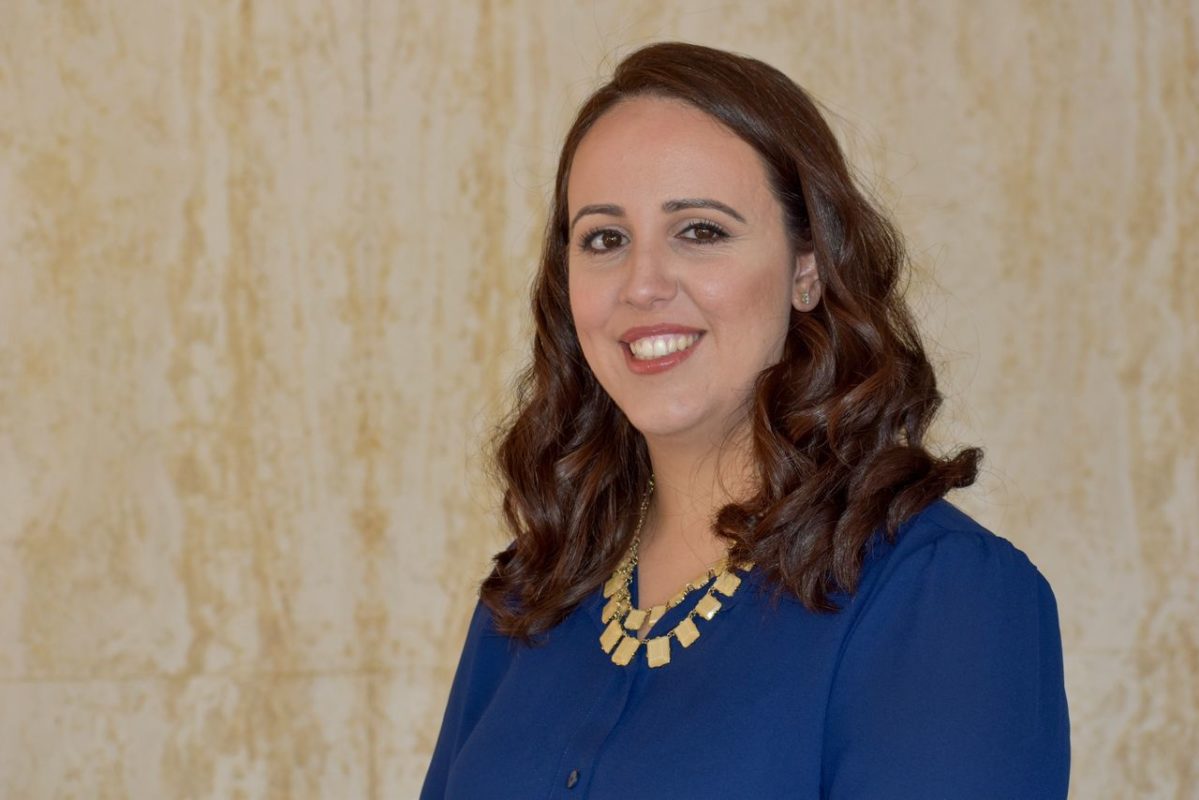Mental Health
Coping with COVID-19
Dear Patients and Friends,
The National Institute of Mental Health (NIMH) recently published some great tips on managing the recent stressors related to COVID-19. This conditions presented by this pandemic experience are uniquely stressful for all of us, young and old, and are ongoing. I’m writing to share their coping recommendations with you, along with some personalized modifications and ideas I made for children and families. I hope you find these helpful!
1. Take breaks from the news. Try to limit news and media exposure for kids. It is also important to validate and normalize any concerns your kids may have about all the information they are hearing. Try to limit news for yourselves, too–more information is not always better. Take time to practice being present in what you are doing.
2. Take care of your body. During these difficult times, so many wonderful resources have been developed and shared with activities families can do together to keep active. Please follow this link for some free yoga and other activities (including recommended books): https://preschoolinspirations.com/kid-yoga-videos/
3. Make time to unwind. With the many transitions and adjustments to being at home (online classes, parents working from home), it is now more important than ever to find ways to unwind individually and as a family. Some ideas: family game nights, movie nights, backyard camping, arts and crafts, etc.
4. Connect with others. While we may not be able to connect face-to-face, virtual connections (and hugs!) go a long way! We’ve seen many forms of virtual connections pop up recently (virtual happy hours, virtual lunches). Keeping connected with friends and family is a great way to unwind and feel that social support and connection. Help children come up with virtual hangouts that are more than just playing video games together so that they can have an opportunity to talk and process with their friends!
5. Set goals and priorities. Having a goal to work towards has many benefits. In addition to giving you a sense of control (with so many things we can’t control right now, having a semblance of control sounds really good right now!), it also helps with motivation and a direction to focus on. Make a list of things you’ve been meaning to get to but haven’t been able to (cleaning your closet, painting your room, organizing) and start working on small goals every day!
6. Focus on the facts. With the overwhelming abundance of information that is out there, try to focus (and limit) your reading to credible sites like the CDC and National Institute of Health (NIH). Setting a limit on your reading time is also a useful tool to keep things in perspective.
I hope you are all well — we are here to support you! Please reach out to us any time.
Warmly,
Dr. Cristina del Busto
Licensed Clinical Psychologist

